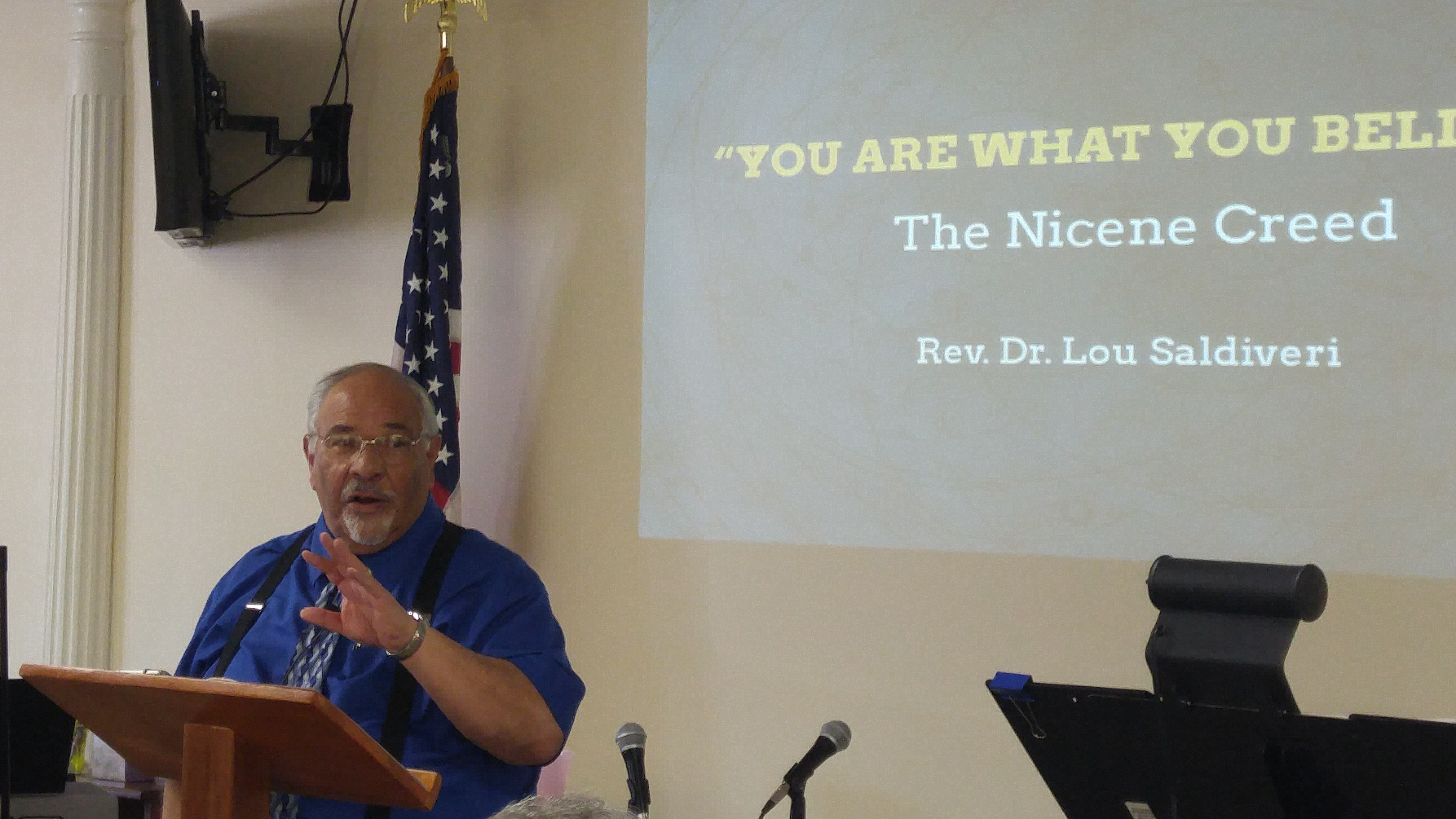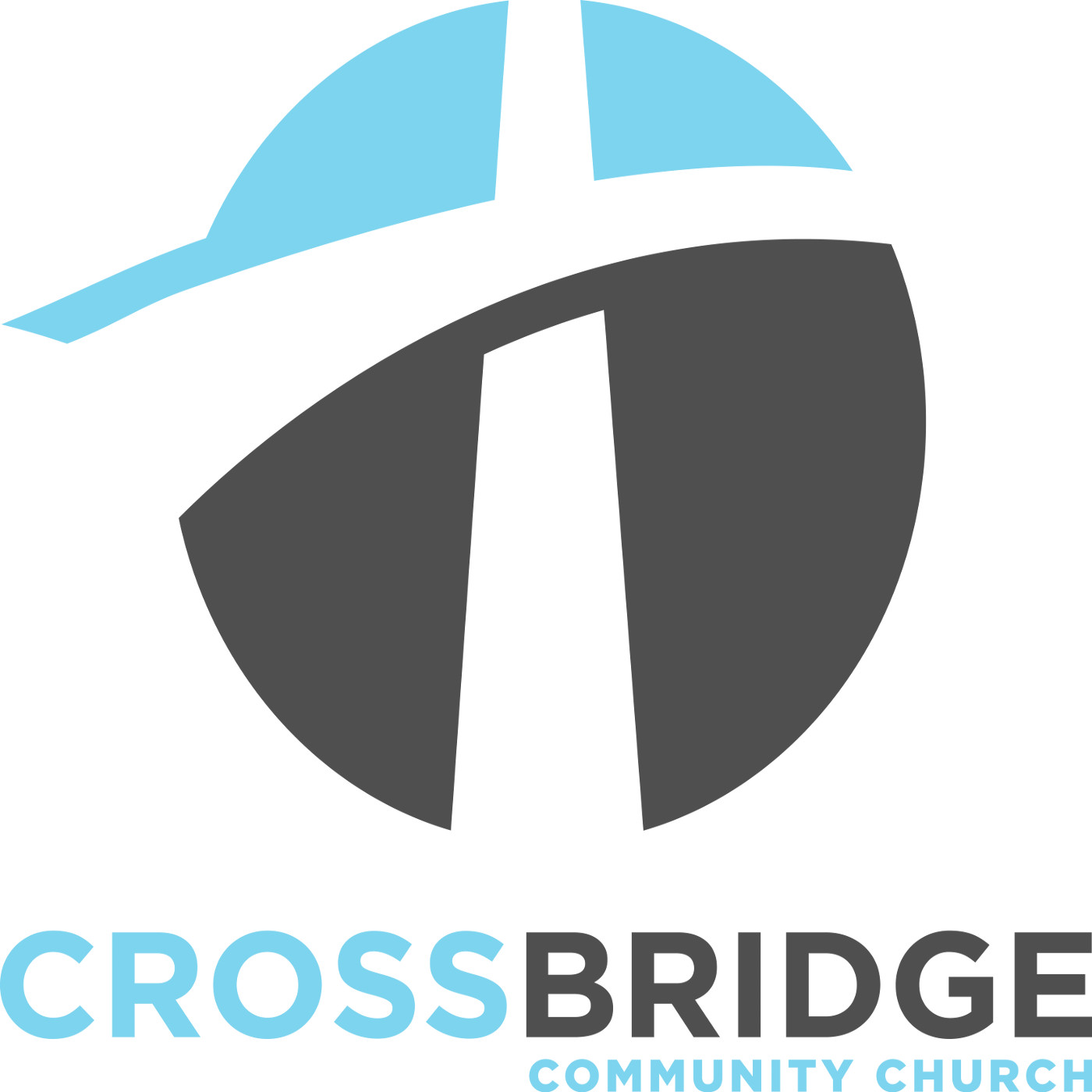
“You Are What You Believe!” The Nicene Creed Part 1
Preacher: Rev. Dr. Lou Saldiveri | Series: Sunday Morning Worship
— Pastor Lou’s Notes —-
Intro: Everybody has a belief system. There is no exception. The truth of the matter is that we ultimately are what we believe. One of my concerns as a pastor of an evangelical church is do we know, understand, and embrace core beliefs e.g. doctrines to which we can together proclaim, live by, and say amen?
Ever since the inception of the church, there have been times when church fathers and leaders needed to clarify key doctrines that may have been either a bit unclear or intentionally distorted resulting in gross error. Some of these areas were the nature of God the Father, the deity and humanity of God the Son (the Lord Jesus Christ), the person of God the Holy Spirit, the church, salvation, and the end times.
Therefore today, I thought it would be beneficial for us to look at a creed that was developed by the church council of Nicaea in 325 AD. More specifically, we will be looking at the revised addition that was finalized in 381 at the first council of Constantinople.
Note: one of the basic differences between the Apostle’s Creed and the Nicene Creed is that the word “I” is turned to “We”. The early church leaders wanted a creed that could be proclaimed corporately as a church, not just individually.
Just a word about what the original writers meant by the word “believe”. They used this word to mean that these convictions would be so embraced in the core of the believer’s being that they would show in the heart, mind, and will of the believer from the inside out. Believe was not just an intellectual knowledge. It was used to describe deeply held convictions that chance a person’s life.
So, what do we believe about:
1.
God the Father
1.
He is one God e.g. triune (3 persons in 1 God Head)
1.
This was proclaimed in a creed in Israel for centuries in the Shema Deut 6:4-7 & Matthew 22:33-40.
2.
The Trinity existed eternally Ephesians 1
2.
He is the Father Almighty
1.
God is our Father: Matthew 6: 9-10
2.
He protects, provides, edifies, loves, and disciplines
3.
He has loving authority over us
4.
He is almighty: Genesis 17:1 & Isaiah 6:3
3.
He is the Creator of heaven and earth and all things visible and invisible.
1.
Look at Genesis 1 & 2; 1 Tim 1: 17
2.
He created the universe
Conclusion: So, may I ask the question, so what? Or to put it another way, how should our belief in God the Father make a difference in our lives? I would suggest it should make a difference in a number of ways. Let me suggest a few:
1.
It should empower our worship
2.
It should inspire our prayer life
3.
It should strengthen our faith
4.
It should give us assurance of hope
5.
It should help us love God and others well
Will we let the Holy Spirit help us right now to cement this belief in our hearts? Will we let the Holy Spirit apply our belief about God the Father to our everyday lives? The decision is our this morning.
